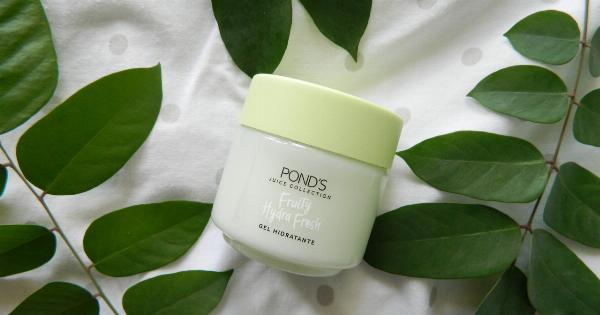Acne is a common skin condition that affects millions of people worldwide. It can be frustrating and embarrassing, especially when it seems like nothing you do can make it go away.
While there are many factors that contribute to acne, one often overlooked aspect is our shower habits. The way we clean ourselves in the shower can have a significant impact on the health of our skin.
In this article, we will explore some common shower habits that may be causing your acne and provide tips on how to improve your shower routine to promote clearer skin.
1. Over-washing
While it may seem counterintuitive, over-washing your face and body can actually exacerbate acne. Washing too frequently strips the skin of its natural oils, which can lead to dryness and irritation.
In response, the skin may produce more oil to compensate, leading to clogged pores and breakouts. It is recommended to limit showers to once or twice a day and to use lukewarm water instead of excessively hot water.
2. Using harsh cleansers
Many people believe that using strong cleansers will effectively remove acne-causing bacteria and prevent breakouts. However, harsh cleansers can disrupt the skin’s natural pH balance and strip away its protective barrier.
This can make the skin more vulnerable to bacteria and inflammation, ultimately worsening acne. Look for gentle, non-comedogenic cleansers that are specifically formulated for acne-prone skin.
3. Scrubbing too vigorously
Scrubbing the skin too aggressively with rough washcloths or loofahs can cause micro-tears in the skin’s surface, leading to inflammation and potential infection. This can also spread acne-causing bacteria to other areas of the face and body.
Instead, opt for gentle, circular motions when cleansing and avoid applying excessive pressure.
4. Not rinsing properly
Leaving soap or shampoo residue on your skin after showering can clog pores and contribute to acne. It is essential to thoroughly rinse your body and face to ensure that no cleansing products are left behind.
Pay particular attention to areas prone to acne, such as the chest, back, and face.
5. Using comedogenic hair products
Hair products, such as conditioners, styling gels, and hair sprays, often contain ingredients that can clog pores and trigger acne breakouts when they come into contact with the skin.
If you notice breakouts along your hairline or on your forehead, consider switching to non-comedogenic hair products or avoiding direct contact between your hair and skin.
6. Spending too much time in the shower
While a long, relaxing shower may be enjoyable, spending excessive amounts of time in hot water can strip the skin of its natural oils and lead to dehydration.
Dehydrated skin is more prone to acne as it can produce excess sebum to compensate for the lack of moisture. Keep your showers short and limit the water temperature to lukewarm to avoid drying out your skin.
7. Using the same towel for your face and body
Using the same towel to dry your face and body can transfer bacteria, dirt, and oil from other areas of your body to your face. This can lead to clogged pores and breakouts.
It is best to have a separate, clean towel specifically for your face to minimize the risk of cross-contamination.
8. Not moisturizing after showering
Moisturizing is a crucial step in any skincare routine, especially after showering. Water, particularly hot water, can strip the skin of its natural moisture. Applying a moisturizer helps replenish hydration and maintain a healthy skin barrier.
Look for oil-free, non-comedogenic moisturizers to avoid clogging pores.
9. Neglecting to clean your shower accessories
Shower accessories such as loofahs, washcloths, and bath sponges provide an ideal environment for bacteria and mold to thrive. Using dirty shower accessories can introduce these contaminants to your skin, potentially causing acne.
Regularly clean and replace your shower accessories to maintain good hygiene.
10. Ignoring post-workout showering
If you exercise regularly, it is important to shower soon after your workout to remove sweat and bacteria from the skin’s surface. Allowing sweat to linger on your skin can lead to clogged pores and breakouts.
If showering immediately is not possible, use a gentle cleansing wipe to remove sweat temporarily until you can shower.
Improving your shower habits can play a significant role in reducing acne breakouts and improving the overall health of your skin. By following these tips and being mindful of your shower routine, you can promote clearer, healthier skin.



























